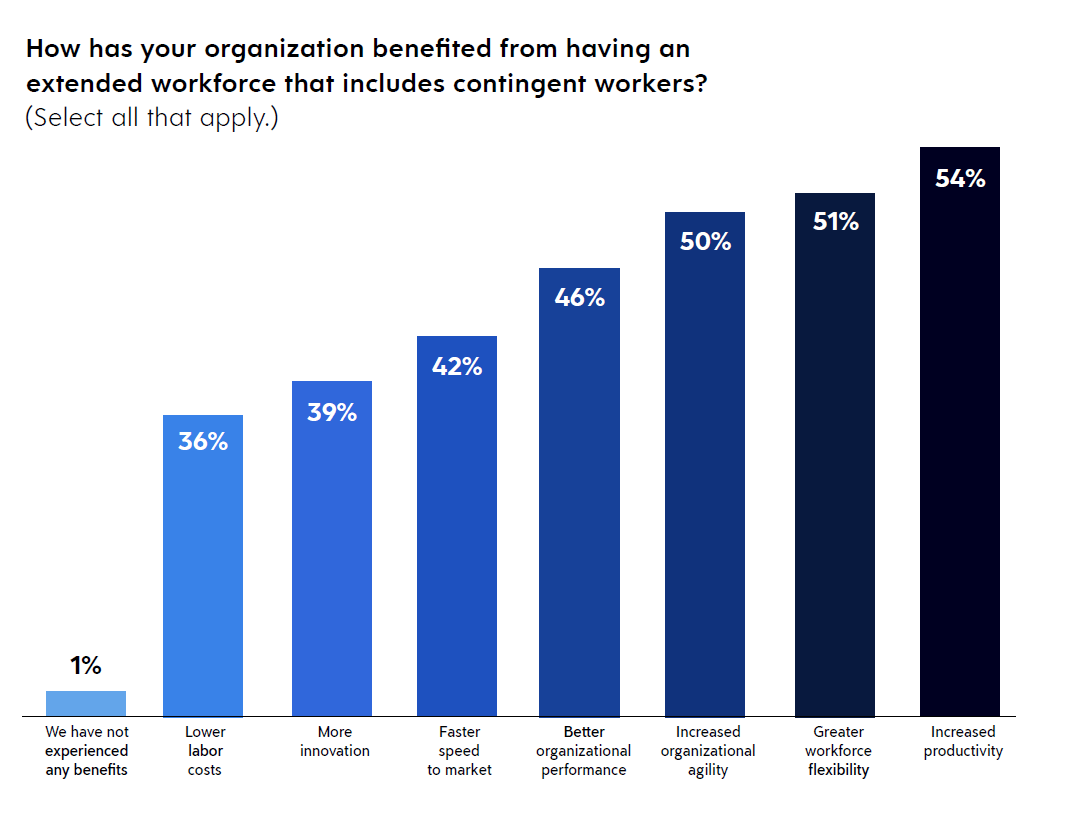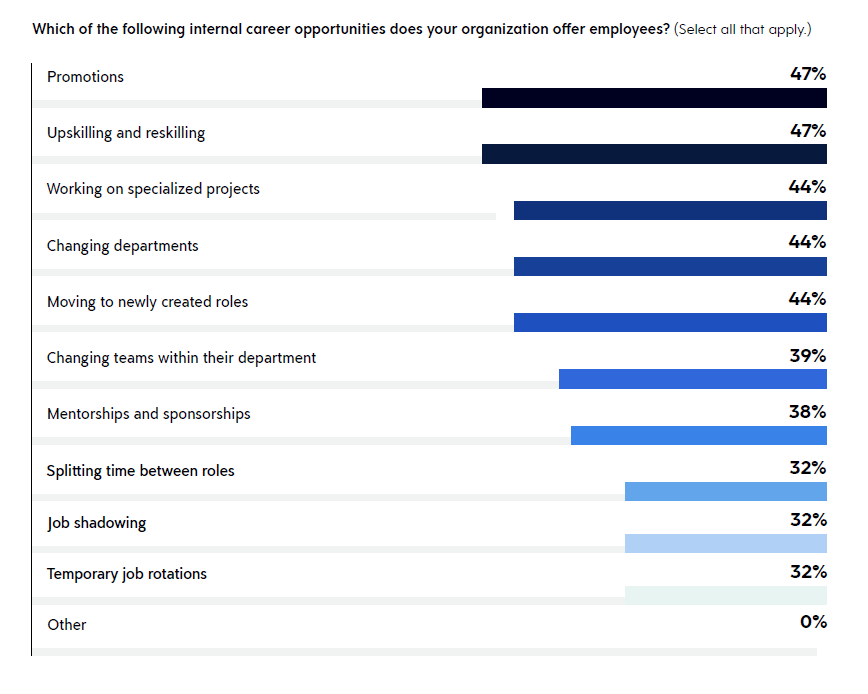

Features
Artificial Intelligence
Recruitment
Retention
Contingent workers, AI and internal mobility can help employers navigate labour shortages
August 28, 2023
By
Todd Humber
 Photo: Adobe Stock
Photo: Adobe Stock Despite expressing optimism about the future, business leaders are facing a growing crisis in finding workers — 93% of Canadian respondents predict their organizations will experience a labour shortage in the coming 12 months.
That’s according to Ceridian’s latest Executive Survey Report which also found employers are getting creative in finding talent and boosting productivity, said Susan Tohyama, chief human resources officer (CHRO) at Ceridian.
That includes tapping into contingent workers, using artificial intelligence (AI) tools and focusing on internal mobility to cobble together the best mix of talent.
“Leaders must balance employee flexibility with rigorous compliance, empathy with productivity, and workers’ expectations with budget realities,” she said. “You also need to take a look at different forms of workforce.”
Contingent workers
In the past, employers might have limited their talent search to hiring full-time employees. But the data shows that the vast majority (82%) of employers are using contingent workers, and nearly the same number (81%) said their use of these workers has increased over the past two years.
It comes at a time when many workers, emerging from the pandemic, have re-evaluated how they want to work, she said.
“There’s definitely a group of employees who are thinking, ‘You know what? I don’t necessarily need to be long term in a company,’” said Tohyama. “What I’d like to do is work project to project or short-term contract to short-term contract.”
Internal mobility
Employers would also be wise to tap into existing workers who have an appetite to take on different projects and move them around internally to help retain and retrain them, she said. Instead of looking for an external contractor, you can cast your eyes internally to find someone with the appetite to tackle a short-term project.
The strategy is being embraced by employers, according to the survey, which found 77% expect the use of internal mobility to increase over the next 24 months.
“Back in the day, leaders were very reluctant to have their employees leave for another part of the organization. They wanted them to stay,” said Tohyama.
Now, though, with systemic and persistent shortages, more leaders are buying into the advantages of keeping staff engaged, and on the payroll, as they learn new skills and take on new roles.
“We need to make sure we’re continuing to recruit, retain and engage our employees,” she said. “Internal mobility opportunities are an incredibly good way to do that.”
Employee engagement and retention were ranked as the top challenge to an organization’s ability to achieve its priorities and goals (57%) followed by labour and skills shortages (55%), according to the survey data.
Artificial intelligence
The Ceridian survey found 83% of Canadian leaders believe they have the talent and skills to optimize AI usage across their organization. And the majority (84%) are already using AI/machine learning for repetitive tasks, a move that 71% of respondents say boosts productivity and efficiency.
“It really frees up employees to do more — dare I say — high value work, things that are less repetitive and less administrative in nature,” said Tohyama.
It also means taking a hard look at the skills of the Canadian workforce. While the majority of companies say their teams have the skills needed to get through the next two years, there will need to be an upskilling of talent in the near future, she said. Employers should examine the skillsets they need to improve among their current workers and put together a plan to train them.
Tohyama said, at Ceridian, there is already talk from the senior leadership team about ensuring staff are AI literate.
“AI is happening within our company. It most definitely should be happening at most companies, because you’ve got to be prepared,” she said. “You’ve got to say to your employee base, ‘Alright. Here’s how this is going to work. Here’s what we’re going to do.’ Because there is some trepidation among people.”
Employees are worried about how AI will impact their roles and their job security. Talking it through can show how they can be more efficient by using AI tools while at the same time giving them work that boosts their engagement, she said.
Print this page

